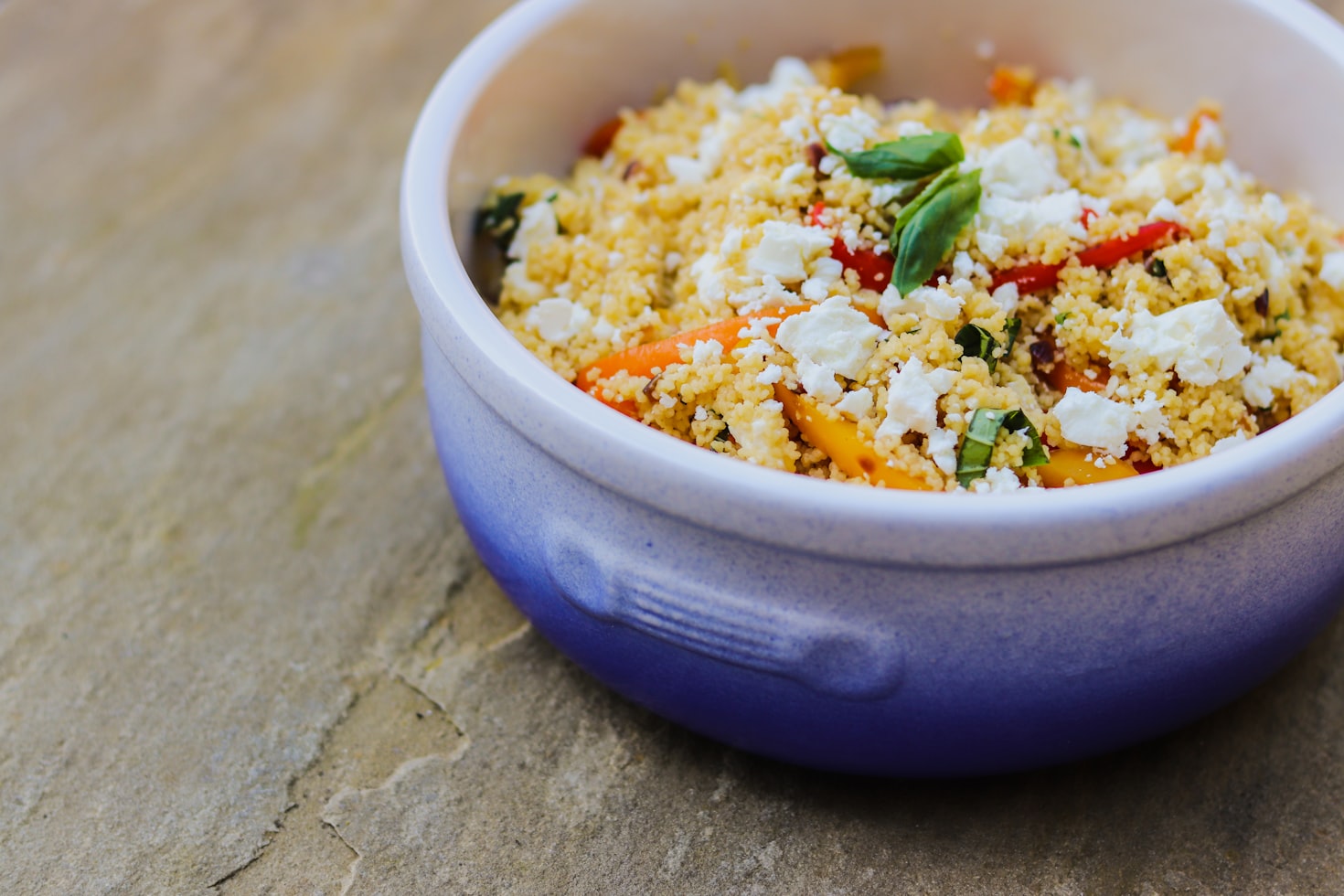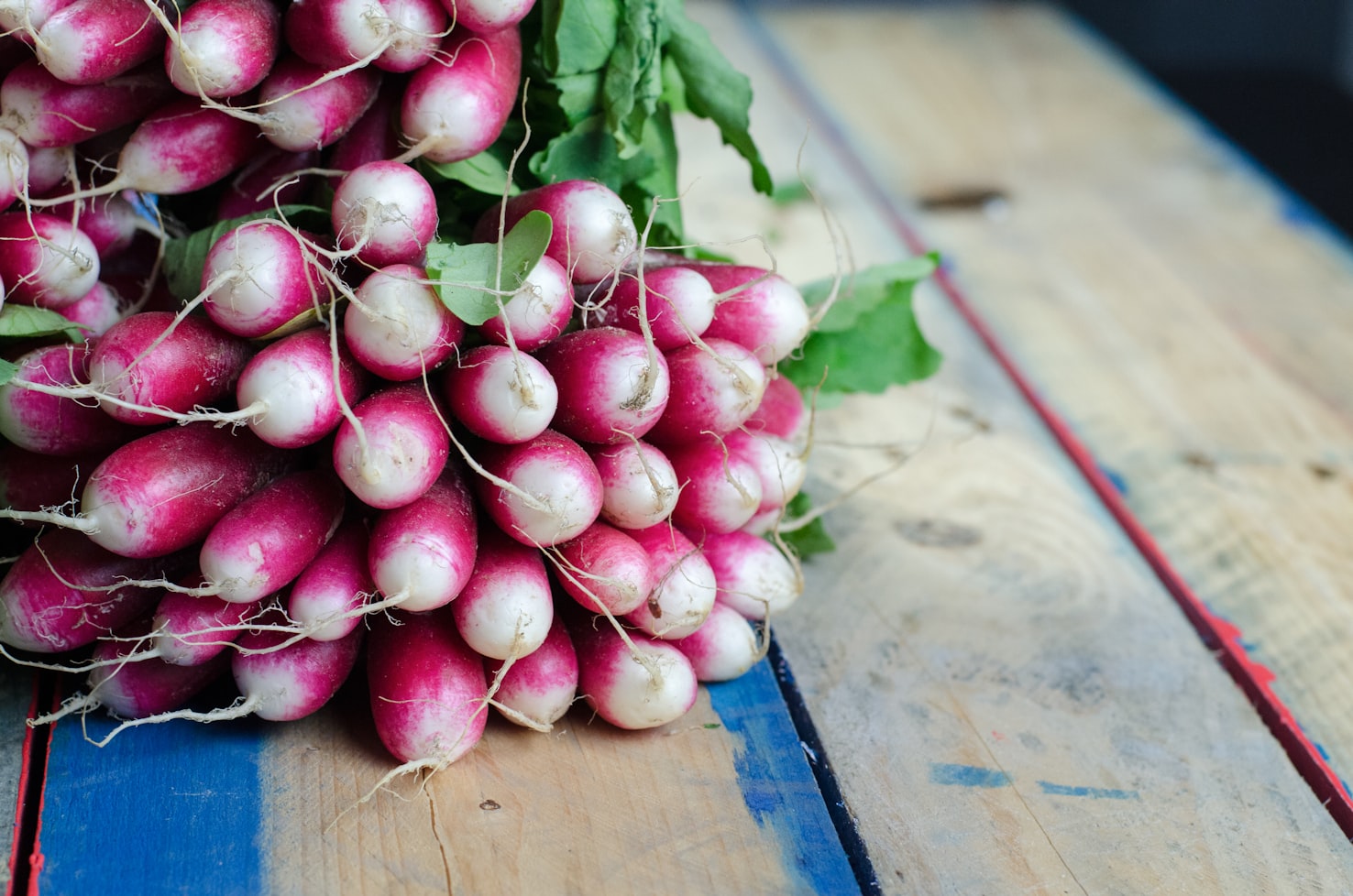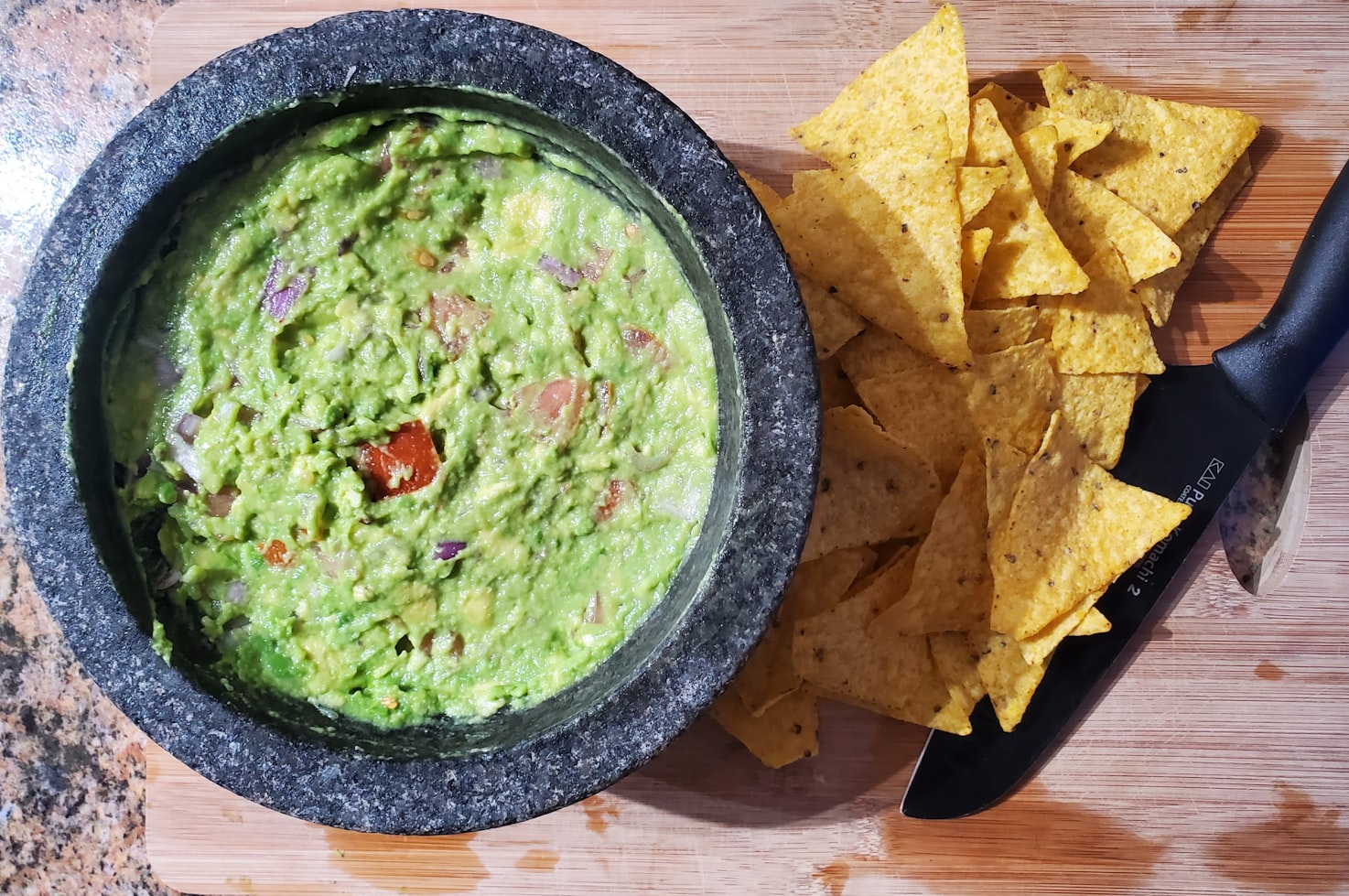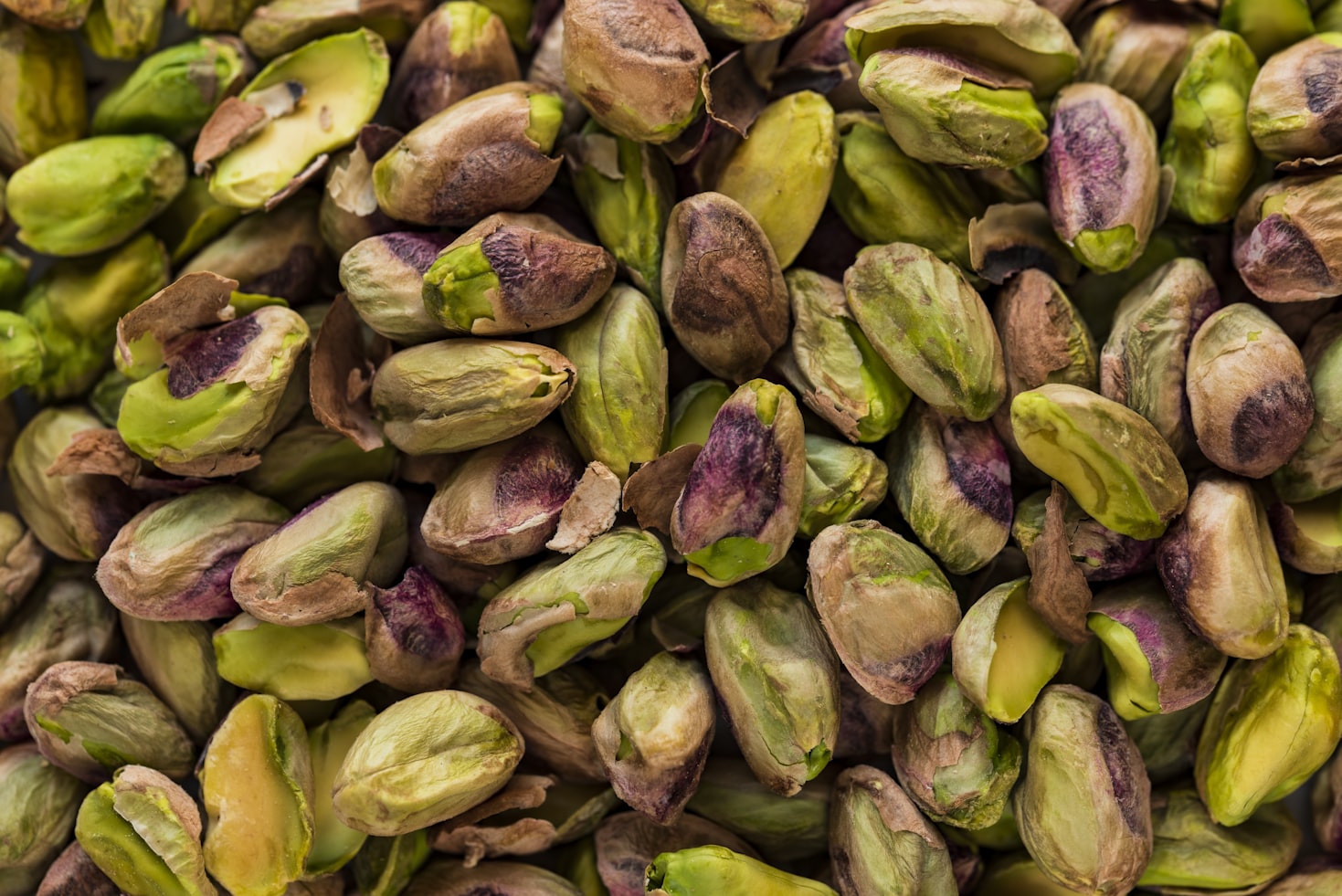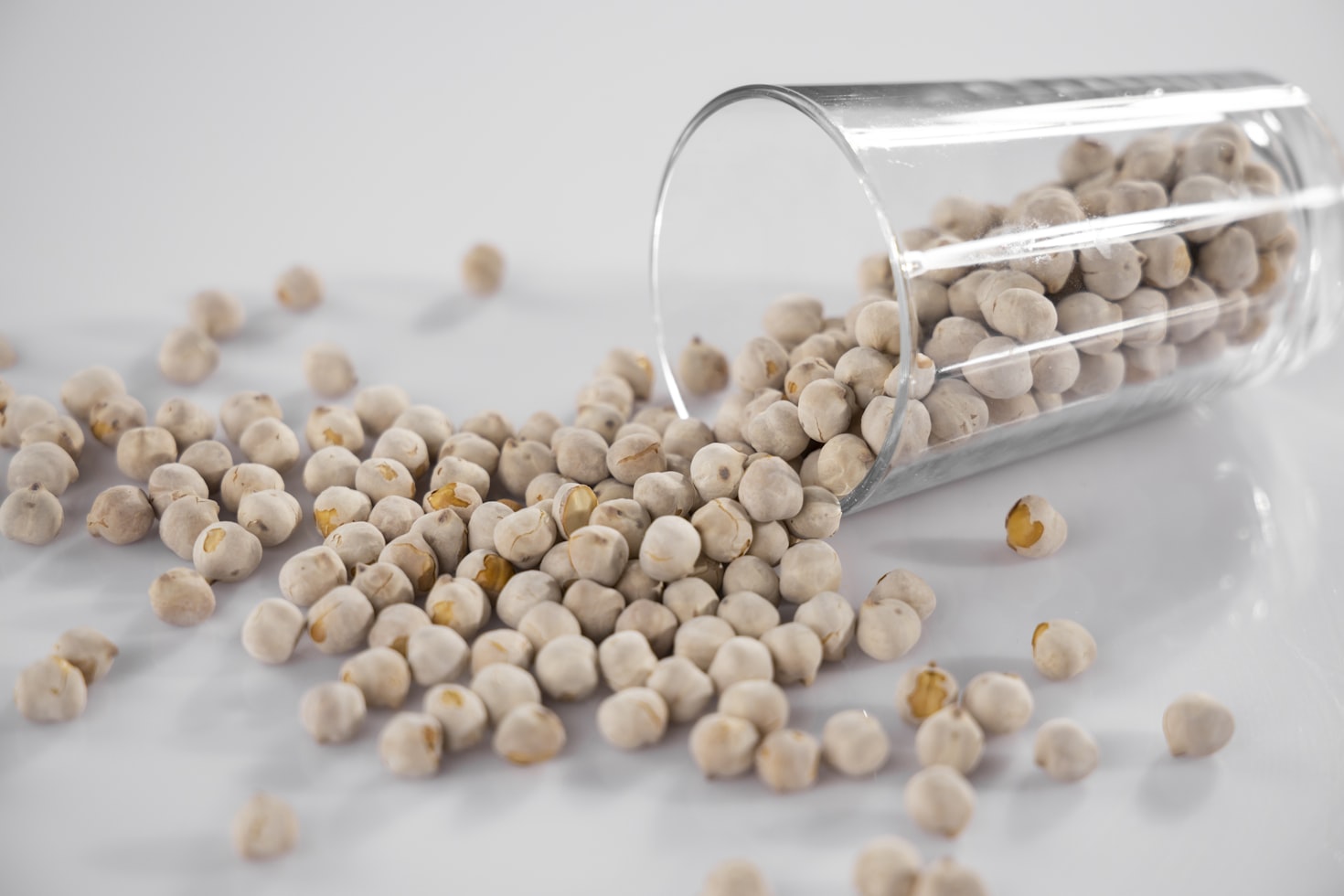Is Couscous Keto Friendly?
When it comes to following a ketogenic diet, it is essential to carefully consider the foods you consume. The ketogenic diet is a low-carb, high-fat diet that aims to put your body into a state of ketosis, where it burns fat for fuel instead of carbohydrates. With its rising popularity, many people wonder if couscous, a staple in many cuisines, is keto-friendly. In this article, we will explore the nutritional composition of couscous, its impact on ketosis, and provide insights to help you make an informed decision.
The Nutritional Profile of Couscous
Couscous is a traditional North African dish made from semolina, which is a type of wheat. It is often mistaken for a grain, but it is actually a pasta product. Couscous is typically made by rolling durum wheat flour with water to form small granules. While couscous is a versatile and delicious food, it is not suitable for a ketogenic diet due to its high carbohydrate content.
A 100-gram serving of cooked couscous contains approximately:
- Calories: 112
- Carbohydrates: 23.2 grams
- Protein: 3.8 grams
- Fat: 0.2 grams
- Fiber: 1.7 grams
As you can see, couscous is predominantly made up of carbohydrates, with minimal amounts of protein and fat. This high carbohydrate content makes it challenging to fit couscous into a ketogenic diet, as the diet typically restricts carbohydrate intake to around 20-50 grams per day.
The Impact of Couscous on Ketosis
Ketosis is a metabolic state in which your body switches from using carbohydrates as its primary fuel source to using fat. To achieve and maintain ketosis, it is crucial to limit your carbohydrate intake. Consuming couscous, with its high carbohydrate content, can significantly impact your ability to enter and sustain ketosis.
When you consume carbohydrates, your body breaks them down into glucose, which is then used as energy. Excess glucose is stored in the liver and muscles as glycogen. However, when you restrict your carbohydrate intake, your glycogen stores become depleted, and your body starts to burn fat for fuel instead.
Even a small serving of couscous can easily exceed your daily carbohydrate limit on a ketogenic diet. This can disrupt ketosis and hinder your progress towards your health and weight loss goals.
Alternatives to Couscous on a Keto Diet
If you are following a ketogenic diet and looking for alternatives to couscous, there are several low-carb options available:
- Cauliflower Rice: Cauliflower rice is an excellent substitute for couscous. It is made by pulsing cauliflower florets in a food processor until they resemble rice grains. Cauliflower rice is low in carbohydrates and can be used in various dishes.
- Shirataki Rice: Shirataki rice is made from konjac flour and is extremely low in carbohydrates and calories. It is a great option for those on a keto diet who want to enjoy a rice-like texture without the high carb content.
- Zucchini Noodles: Zucchini noodles, also known as zoodles, are made by spiralizing zucchini into noodle-like shapes. They are low in carbohydrates and can be used as a base for various sauces and toppings.
- Spaghetti Squash: Spaghetti squash is a winter squash that, when cooked, can be scraped into strands that resemble spaghetti. It is a nutritious and low-carb alternative to couscous.
These alternatives provide similar textures and can be used in a variety of dishes, allowing you to enjoy your favorite meals while staying in ketosis.
Frequently Asked Questions (FAQ)
1. Can I eat couscous on a keto diet?
No, couscous is not suitable for a ketogenic diet due to its high carbohydrate content. It can hinder your progress towards ketosis and make it challenging to stay within your daily carbohydrate limit.
2. How many carbs are in couscous?
A 100-gram serving of cooked couscous contains approximately 23.2 grams of carbohydrates. This high carbohydrate content makes it unsuitable for a keto diet.
3. What are some low-carb alternatives to couscous?
There are several low-carb alternatives to couscous that you can enjoy on a keto diet. Some options include cauliflower rice, shirataki rice, zucchini noodles, and spaghetti squash.
4. Can I have couscous occasionally on a keto diet?
While it is generally recommended to avoid couscous on a keto diet, you may be able to incorporate small portions occasionally if it fits within your daily carbohydrate limit. However, it is important to be mindful of your overall carbohydrate intake and prioritize low-carb alternatives.
5. Can I modify couscous to make it keto-friendly?
Unfortunately, couscous is made from wheat, which is inherently high in carbohydrates. Modifying couscous to make it keto-friendly is challenging, as the main ingredient itself is not suitable for a ketogenic diet.
6. Are there any health benefits to couscous?
Couscous is a good source of complex carbohydrates, fiber, and some essential nutrients. However, its high carbohydrate content makes it less suitable for those following a ketogenic diet. If you are not following a keto diet, couscous can be a part of a balanced and healthy diet in moderation.
Summary
Couscous is not keto-friendly due to its high carbohydrate content. It can disrupt ketosis and hinder your progress towards your health and weight loss goals. However, there are several low-carb alternatives available, such as cauliflower rice, shirataki rice, zucchini noodles, and spaghetti squash, that can be enjoyed on a ketogenic diet. It is important to prioritize your carbohydrate intake and choose foods that support your dietary goals. By making informed choices, you can successfully follow a ketogenic diet while still enjoying a variety of delicious meals.
